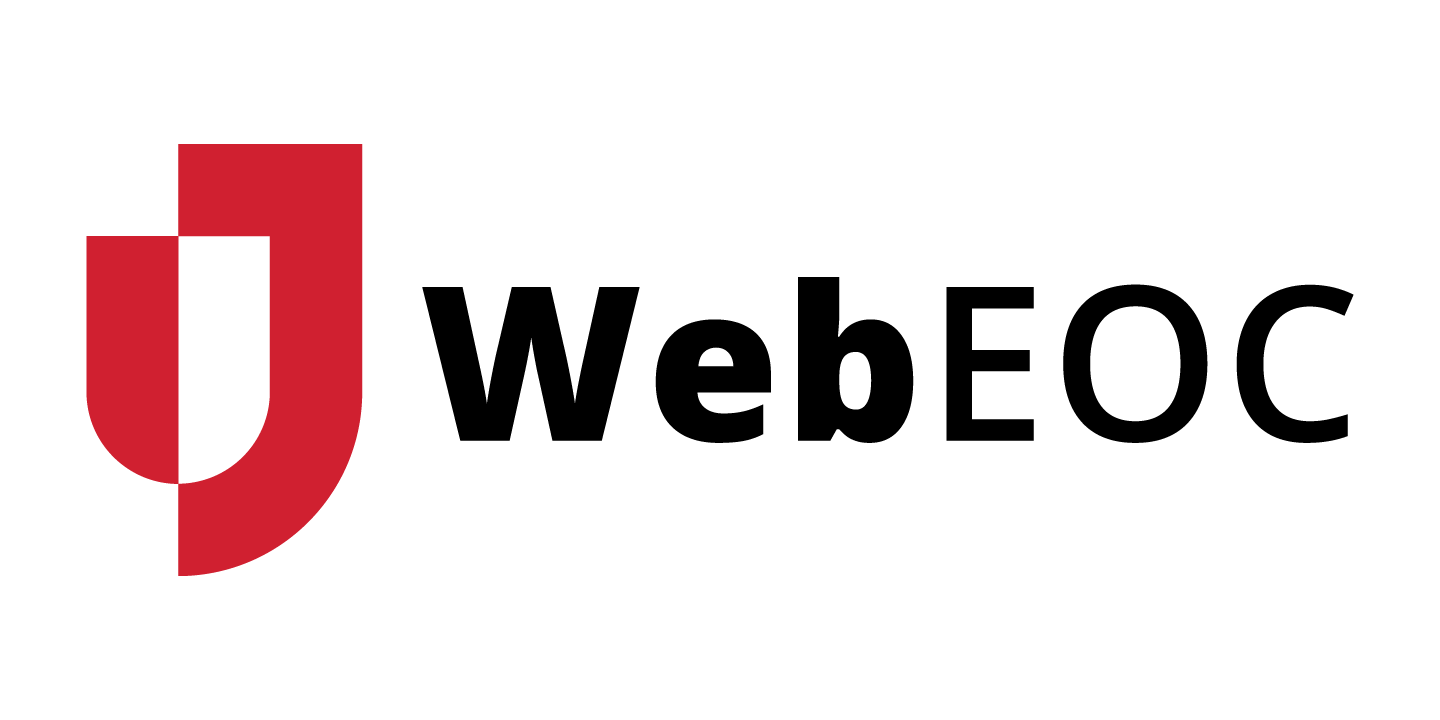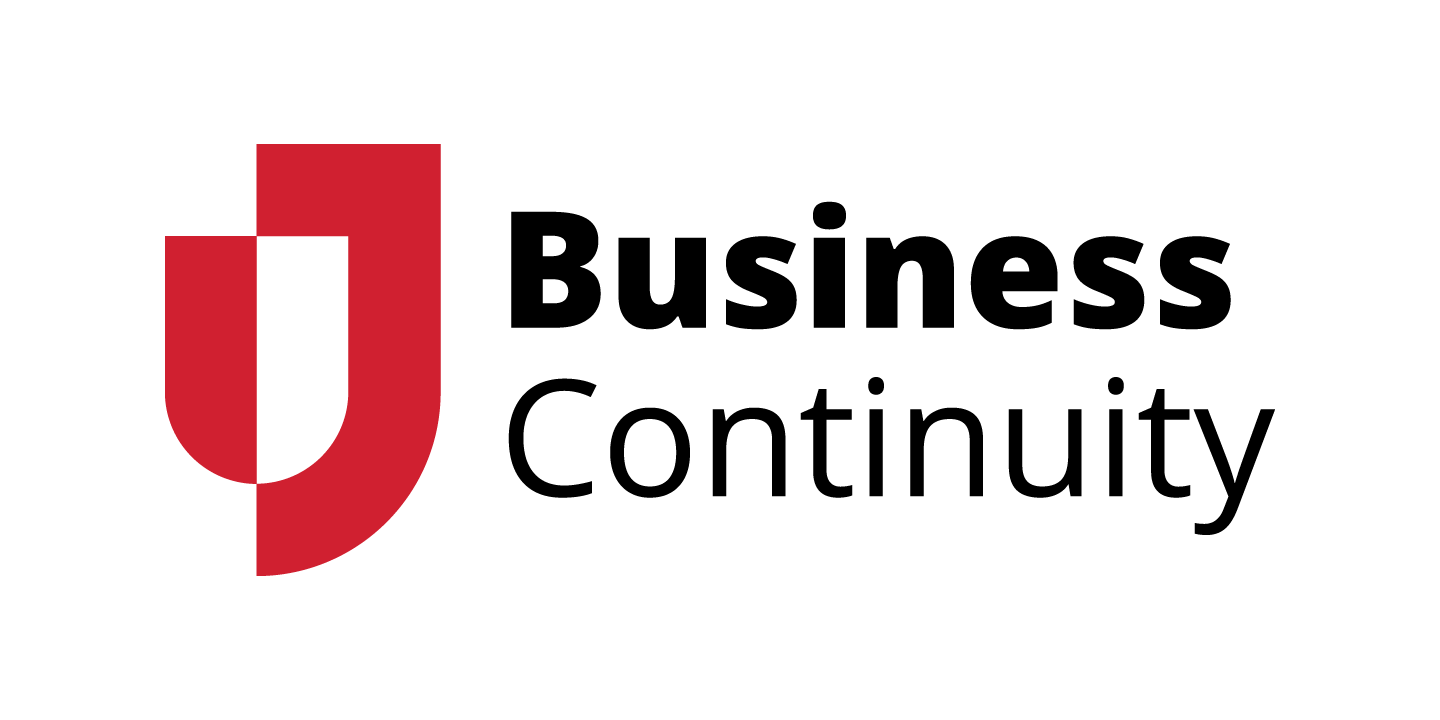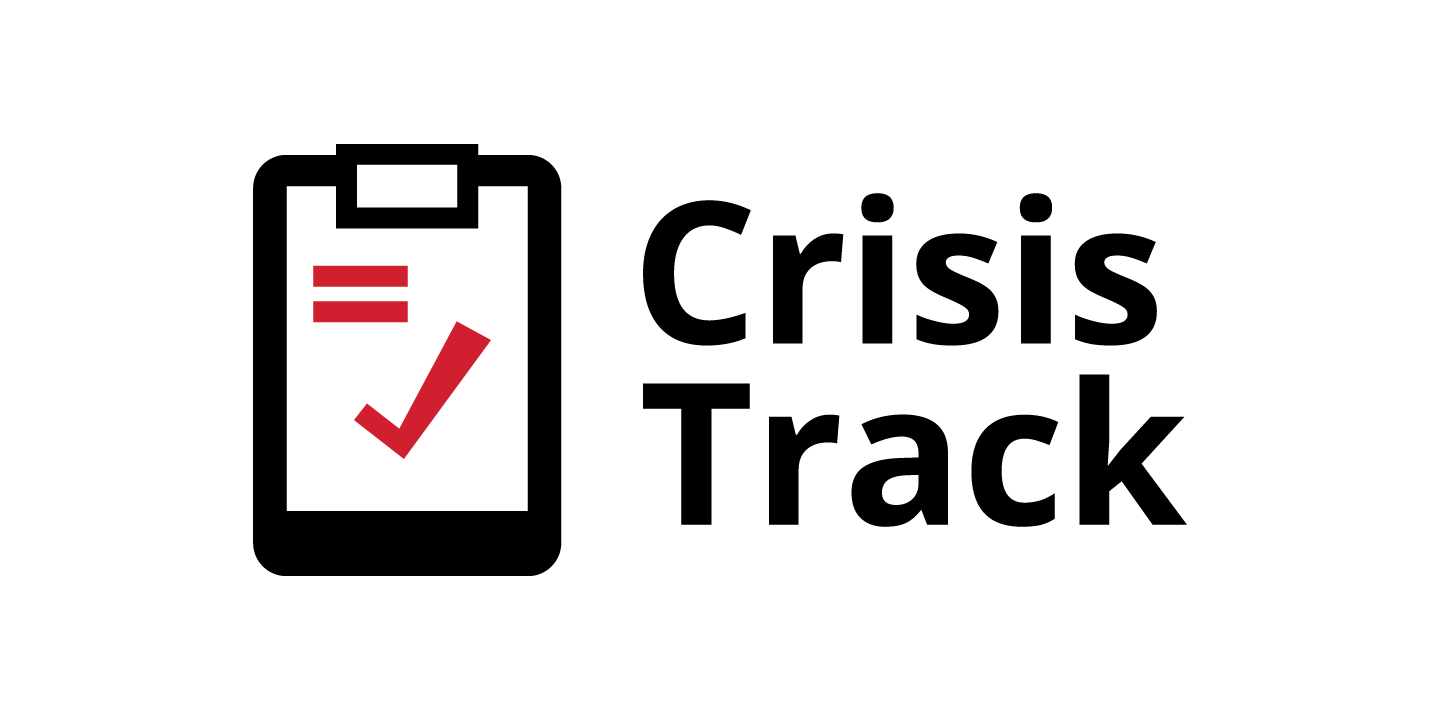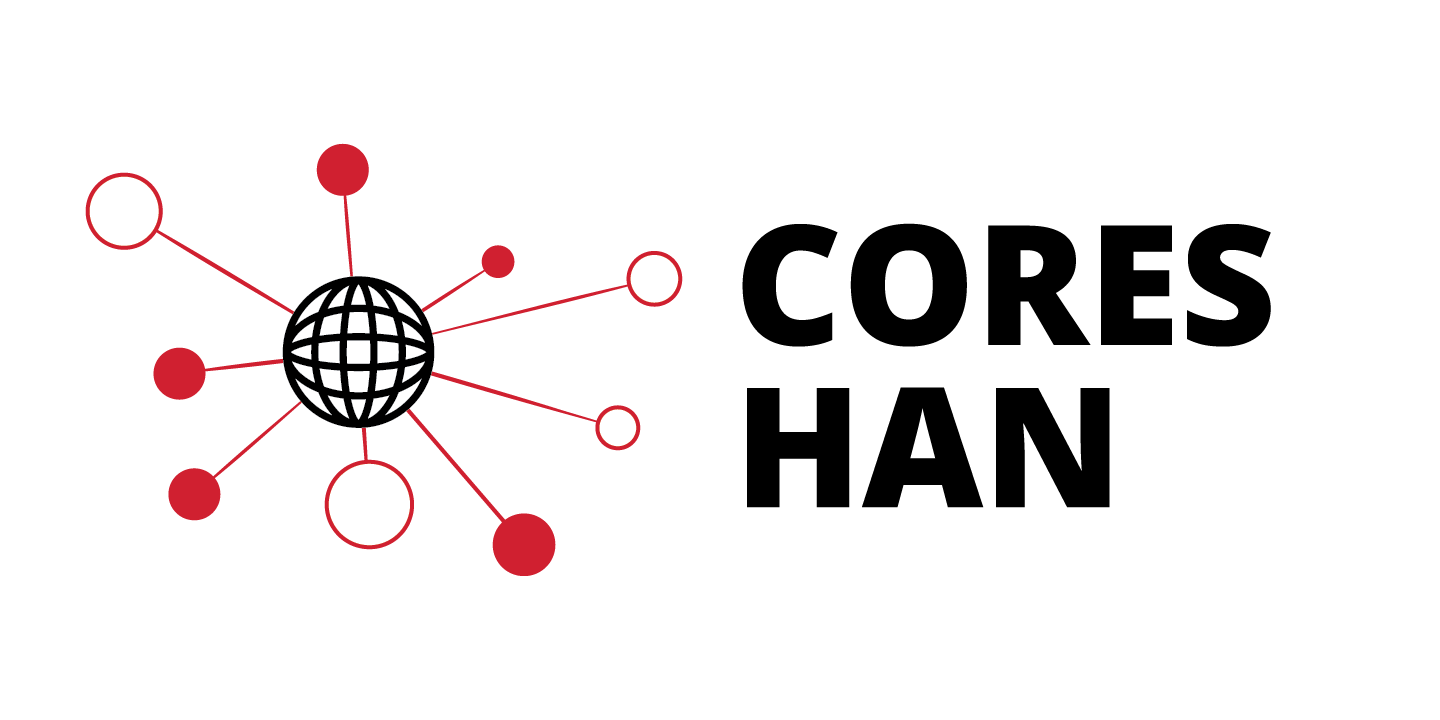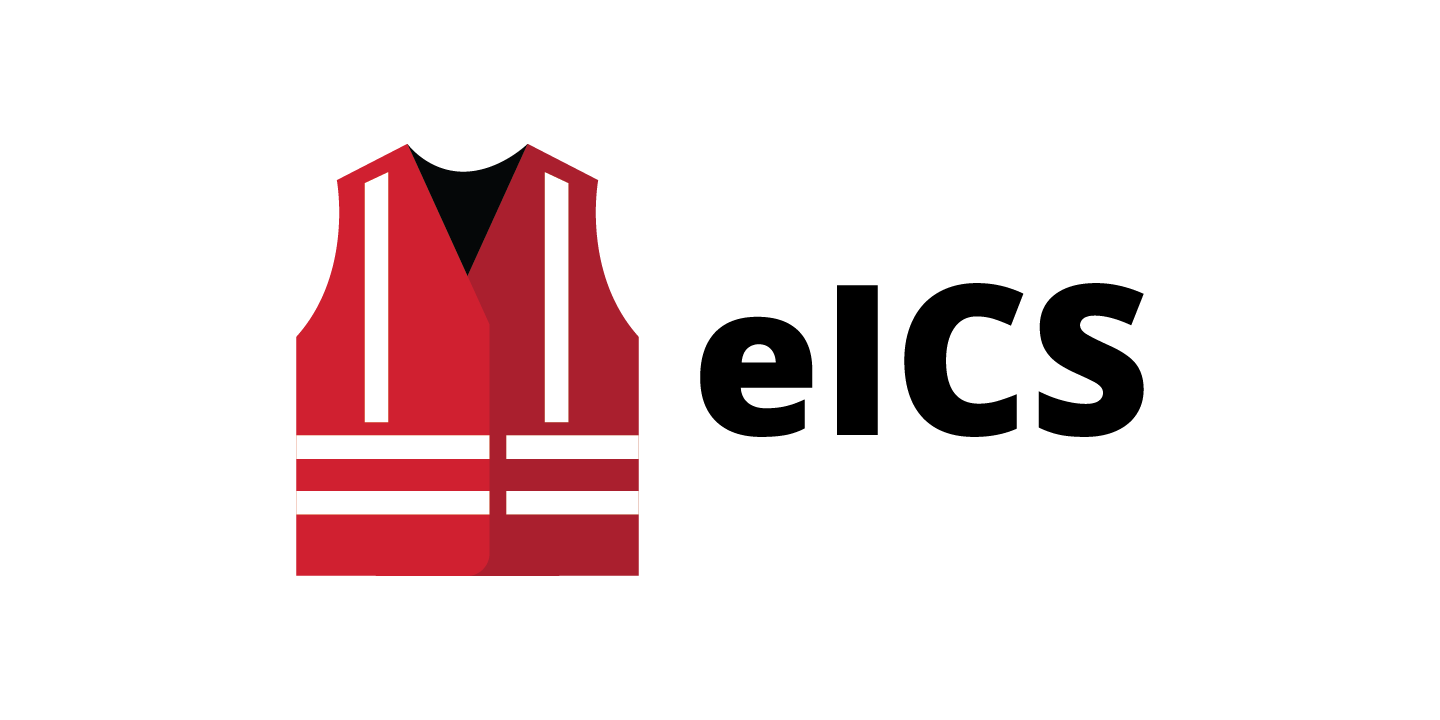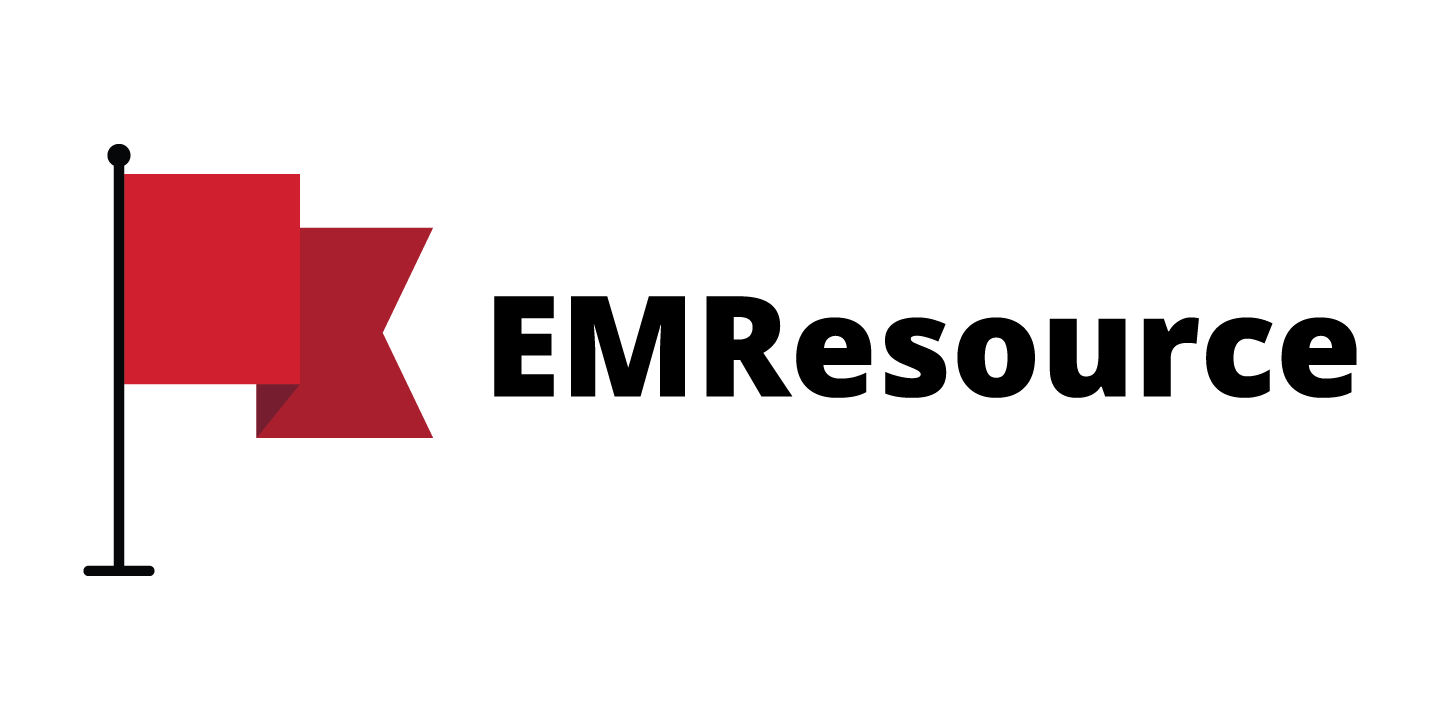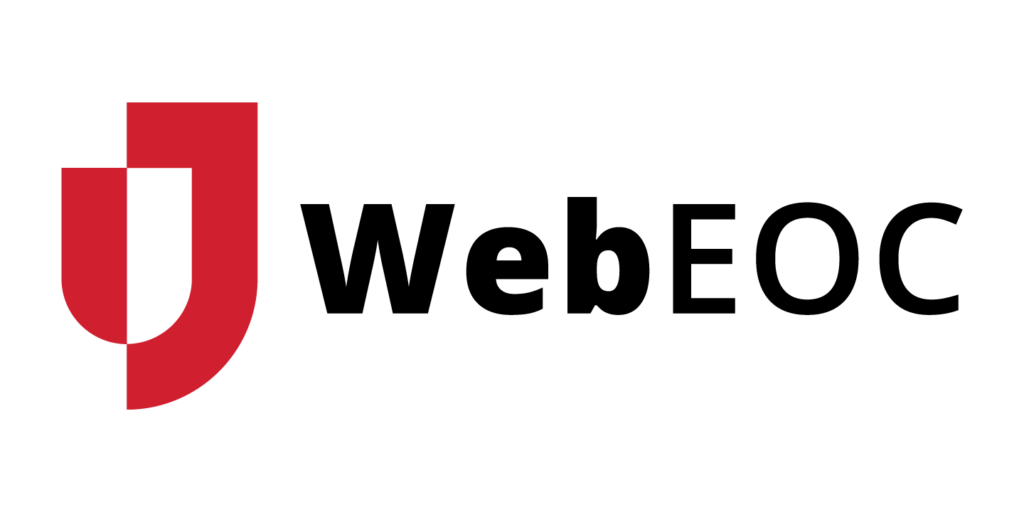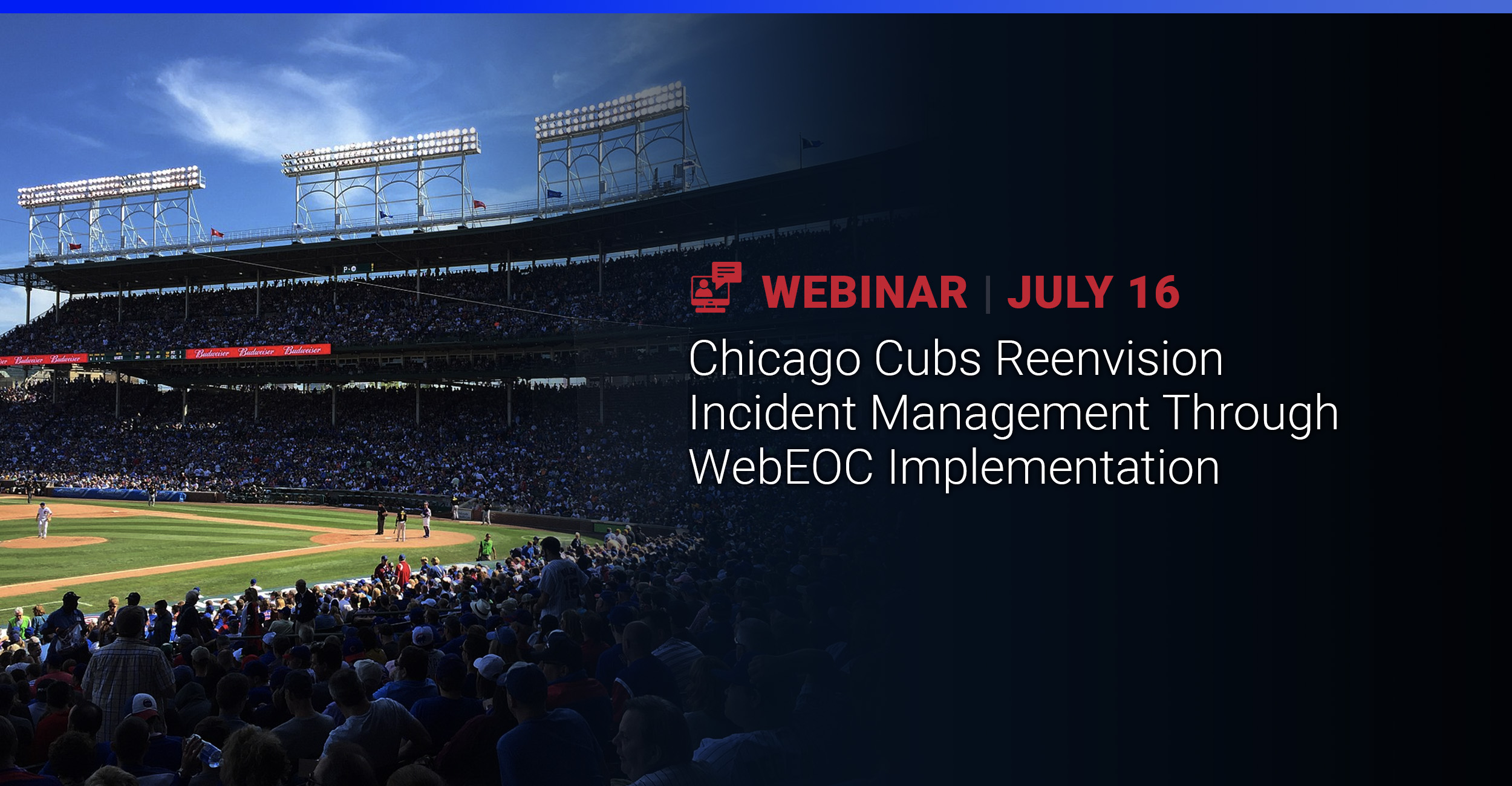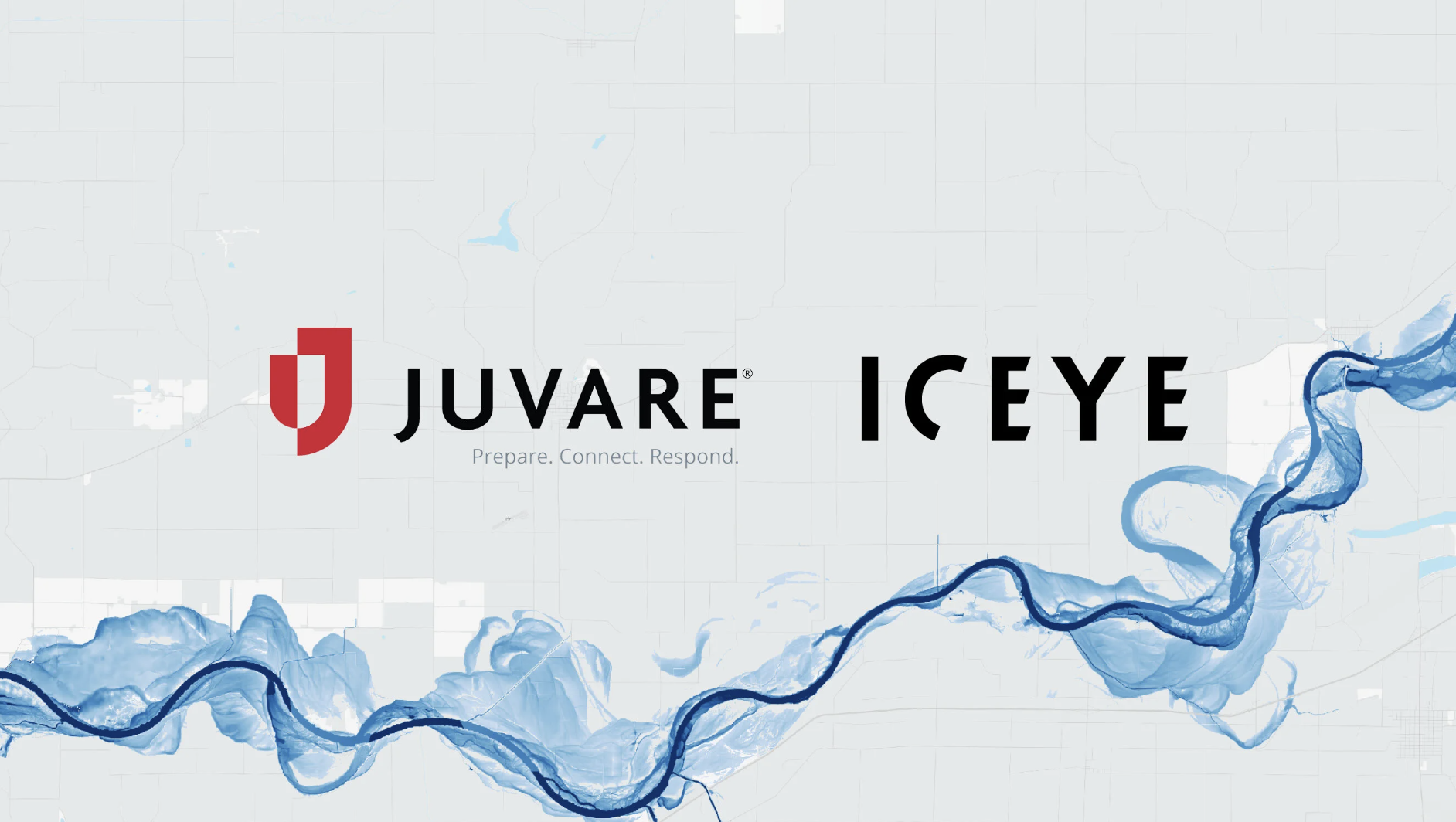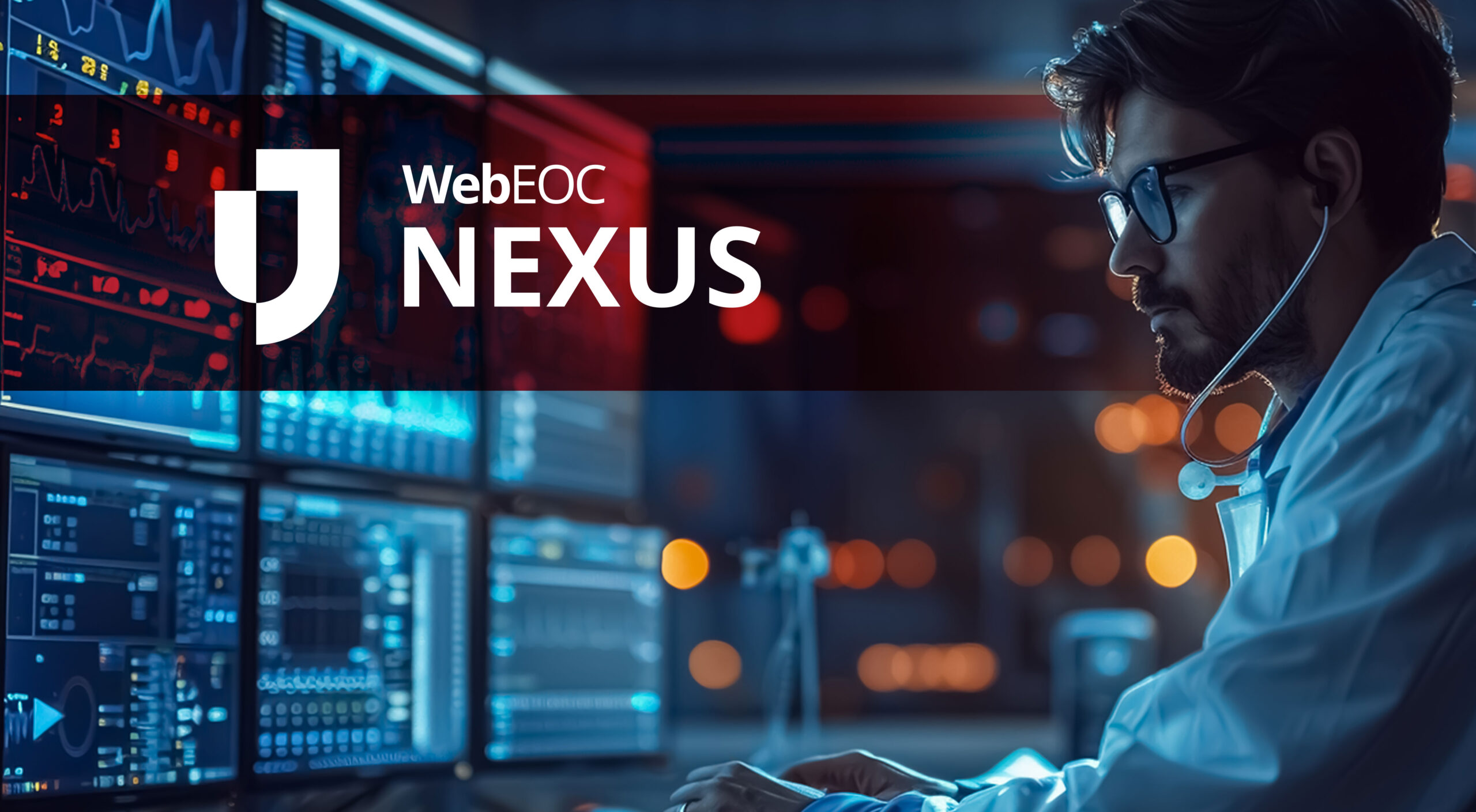In an era defined by rapid technological advancement, the public auditing landscape is transforming. New tools, techniques, and methodologies are paving the way for greater transparency, enhanced security, and more efficient operations. This shift in public auditing is vital, as it impacts accountability, public trust, and ultimately, governance itself. By adopting these cutting-edge solutions, auditing agencies not only strengthen public confidence but also enhance their security posture in an increasingly complex digital world.
The Technology Driving Public Auditing Forward
As technology permeates public sector auditing, it enables a more streamlined, data-driven, and precise approach. Auditing platforms are adopting artificial intelligence (AI) and machine learning (ML) for anomaly detection, risk assessment, and predictive analytics, empowering auditors with unprecedented insight into financial data and operational processes. This transition to intelligent systems allows auditors to work more proactively, identifying potential risks and fraudulent activities before they escalate.
Additionally, blockchain technology is gaining momentum as a tool for improving data integrity. By creating immutable records, blockchain ensures that financial transactions and audit trails are both secure and transparent. This capability not only facilitates trust but also enhances accountability, as each transaction can be traced back without risk of tampering. For auditing bodies, implementing such technology represents a significant leap in protecting data integrity and preventing unauthorized alterations.
Changing Trends in Transparency and Security
As public demand for transparency increases, so does the need for secure and accessible auditing practices. The rise of open data platforms is a key trend supporting transparency, enabling public access to real-time data on government expenditures, compliance statuses, and audit results. Open data initiatives foster transparency by making governmental operations visible and accessible, ultimately enhancing citizen trust. However, this openness necessitates strict security measures to ensure that sensitive information remains safeguarded.
This emphasis on security has also led to the adoption of advanced cybersecurity practices within auditing frameworks. Cyber threats continue to evolve, with ransomware and data breaches posing serious risks to public data. By embedding cybersecurity measures into the auditing process, agencies not only protect sensitive information but also build resilience against evolving cyber threats. This proactive stance ensures that auditing bodies remain trusted and credible, even as digital threats become more sophisticated.
The Future of Public Auditing: Embracing Innovation
The trajectory of public auditing points toward a future where transparency and security go hand-in-hand. By embracing emerging technologies, agencies can strengthen both accountability and data protection. As AI, blockchain, and open data platforms continue to mature, the potential for public auditing to transform governance becomes ever more significant. The challenge lies in adopting these technologies thoughtfully, ensuring that they enhance—not compromise—public trust.
As trends in public auditing evolve, Juvare remains committed to providing secure, reliable technology that supports transparency and resilience across the public sector. By leveraging solutions designed with a deep understanding of today’s cybersecurity challenges, public agencies can build a foundation of trust that sustains both efficiency and accountability in an increasingly complex world.
WebEOC: Streamlining Business Continuity and the Audit Process
WebEOC is a centralized platform designed to make the audit process more efficient and resilient. By offering secure data management, automated workflows, and real-time reporting, WebEOC reduces manual tasks and minimizes the risk of errors, helping audit teams manage complex data quickly and accurately. This streamlined approach allows agencies to uphold business continuity even during disruptions, ensuring that essential audit functions remain accessible and reliable. As public auditing moves further into the digital realm, WebEOC equips agencies to meet higher standards for transparency, security, and efficiency in a cohesive, user-friendly system.
